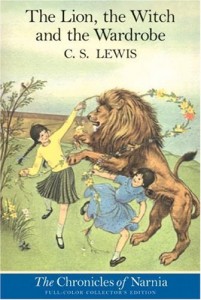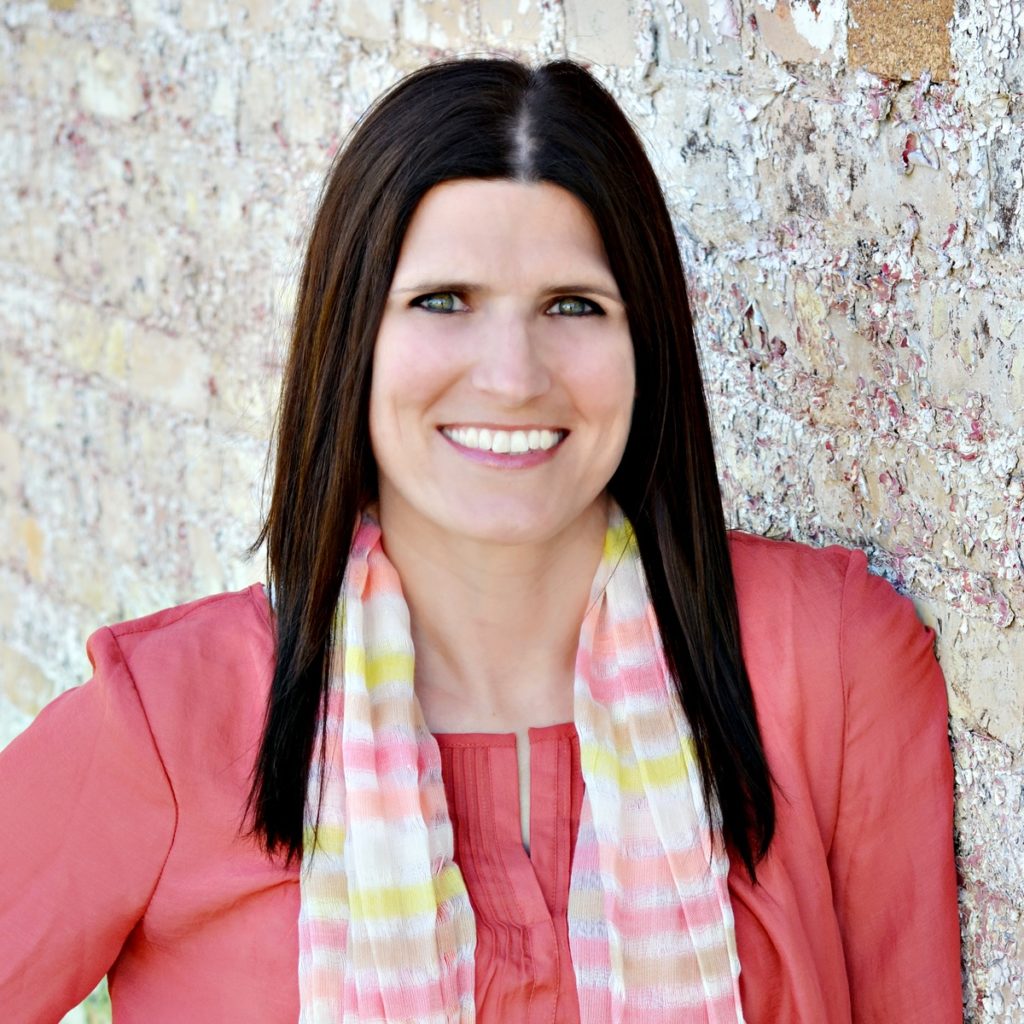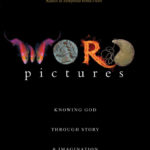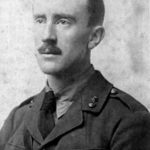Christian Fantasy: A Life-Saving Genre
 Definitions of literary genres can be . . . well, complex. Even tricky. Attempts to define Christian fantasy vary, though I’ve spent little time fretting over an official definition. I mean, Christian fiction typically illustrates a Christian world view within its plot, characters, or both. And the fantasy genre commonly uses myths and legends as a primary plot element, theme, or setting. So, in my opinion, Christian fantasy embodies fantastical elements in an internally consistent setting all the while reflecting aspects of the Christian world view.
Definitions of literary genres can be . . . well, complex. Even tricky. Attempts to define Christian fantasy vary, though I’ve spent little time fretting over an official definition. I mean, Christian fiction typically illustrates a Christian world view within its plot, characters, or both. And the fantasy genre commonly uses myths and legends as a primary plot element, theme, or setting. So, in my opinion, Christian fantasy embodies fantastical elements in an internally consistent setting all the while reflecting aspects of the Christian world view.
But the debate (at least for some) surrounds who writes Christian fantasy. Writers who are Christians, writers who claim to be Christians, or writers who believe Christianity is a fantasy to begin with? It’s not a debate I choose to enter, for the truth lies outside the discussion: the genre influences nonbelievers. My path to salvation began with a classic fantasy, told to me in the midst of my secular world.
When I was in the fifth grade, my teacher read The Lion, the Witch and the Wardrobe by C.S. Lewis aloud to my class. In doing so, she opened my eyes to adventure and possibilities, all the while helping me escape a world of darkness for a short time. At its conclusion, I wondered, Is God real? He couldn’t be, right? For if He existed, innocent young girls wouldn’t suffer the wrath of drunken addicts, or the torment of abandonment.
I continued to speculate. Each time God placed believers in my path–a high school teacher, a college friend, and a college coach–my fascination with the possibility grew stronger until the truth stunned me like a slap to the face. God indeed lives in the form of the Father, the Son, and the Holy Spirit. He rescues. He saves. And He waited for me. Then He embraced me. It all started with a little seed, planted in the empty heart of the girl I once was. A love for reading expanded to a love for writing. A desire to know God became a desire to serve Him, to reach nonbelievers.
In all things, I’m grateful to my Lord and Savior Jesus Christ for embracing a lost, lonely girl. That He died for me…there is no greater gift. My prayer is that I’ll never let go of His truth.
Back Cover Blurb:
Captured by the Rendow Clan, who seek to slaughter those with faith in the Maker, Laila Pennedy awaits death. Moments before her execution, she is rescued from the gallows by Lars Landre and his dragon. Marked as The Chosen by his blue eyes, Lars is destined to lead the Faithful out of persecution.
Lars guides Laila on a harrowing race across The Woodlands to Tuveil, where the Faithful are preparing to fight a rebellion. But the secret location of the village is betrayed and the Rendow Clan’s army will soon be at the gates. Faced with this impeding peril, Laila trains for battle, but the struggles in her mind and heart may be as overwhelming as the war to come. Will she prove herself an asset or is she condemned to forever be a burden to those she loves?
[Editorial note: Never Let Go releases June 3, 2014, but is available for pre-order now.] Pre-order Never Let Go here.
– – – – –
When Angie Brashear isn’t working or taking care of her family, she writes. Usually at night after her kids fall asleep. She’s an avid reader and runner, both of which perplex her husband. Saved in her early twenties, Angie is grateful for the Lord’s presence in all aspects of her life. She is originally from Rockland, Maine, and currently resides in Cameron, Texas, with her husband and three children. Follow her at http://facebook.com/AngieBrashearAuthor, https://twitter.com/AngieBrashear, and http://angiebrashear.com.











































You hit the nail on the head! I think Christian fantasy writers sometime miss the point of their writing: to plant seeds in the minds of those without Christ. Many shudder at the idea of “preaching” in their stories. But a seed can be planted through subtle Christian themes, a well-portrayed Christian character, or a story that asks life’s important questions. No overt “preaching” need be involved.
Thanks Becky! The Lord ways certainly cannot be numbered.
Just pre-ordered mine! Can’t wait!
Thanks Sheri! You’re one of the few who have already read it, at least before the major rewrites. I can’t wait for you to read the much improved version.
It reminds me of a song I heard once with the theme that it may take multiple introductions for people to understand who God is, but each step is important. We shouldn’t feel failures for not succeeding on the first go, but neither is that an excuse to not share the gospel. Seeds are important too…
Well stated, Julie! I’m still amazed that God planted a seed for me while I was in 5th grade that ultimately led to salvation in my early twenties. Only He could weave such an intricate path.
Oh, I just used “that” twice in one sentence. For shame. LOL!
so true. We do plant seeds, especially seeds of the numinous. Great article. Thanks so much, i needed to read this today.
Hi Carole! I love how the Lord works–I needed to write and you needed to read. I’m glad His work in my life answered a need in yours. Blessings.
I think all of us Christian novelists need encouragement like this, Angie. It’s so great to hear how God used a story, a fantasy story, no less, to prepare your heart. It’s inspiring and gives a reminder that God works in ways we may not know about, understand, or expect. Our job is simply to be faithful and not grow weary of well-doing.
Becky
Loved this post! Thanks so much for your testimony – I can’t wait to read your book!
Thank you for sharing your testimony in this regard.
Fantasy has long been one of my favorite genres, and I have loved the process of writing it. I see where Christ is in all of my stories, and I know the influence that He has within it. But sometimes I wonder if it’s obvious or whether I am too veiled in the symbolism. One critic even told me that my story would make people create another religion because it did not include explicit instructions for and to Christianity.
Yet as I have prayed, I haven’t felt that I am to change the story. I see this particular story as embodying the desire for God and the loneliness of a world without Him as well as highlighting the start of a search for Him.
So thank you for sharing your testimony. The Lion, the Witch, and the Wardrobe was incredibly influential in my life as well. I remember discovering it in my grandfather’s bookshelf and devouring it. I had never read anything like it. I was so excited because it was the first Christian allegory I had ever read. And it made the crucifixion so much clearer to me. It put it into a different light.
The point about different stages in the journey to salvation is particularly striking.
Sometimes it seems that a sad effect of Christian fiction is a desire to avoid writing anything that could be misinterpreted. There’s a crushing of creativity and speculation for fear of what it could result in. And sometimes asking those questions is hard. But still, they should be asked.
Thank you for sharing. I really appreciated what you had to say. May God bless you abundantly!